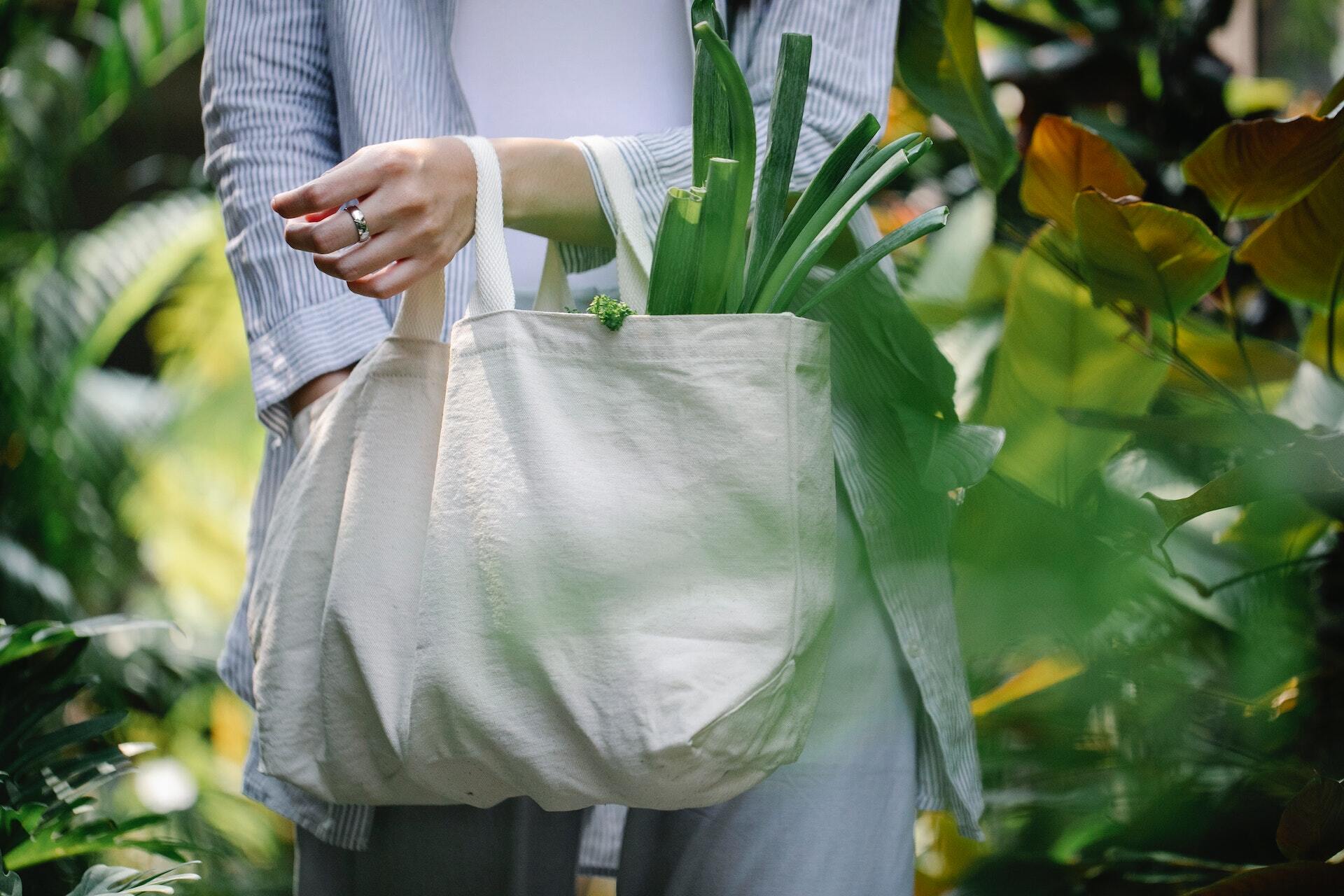Table of Contents
In a world grappling with environmental challenges, the call for sustainable living has never been more critical. Green living and the zero waste lifestyle are not just trends; they are conscious choices that can significantly reduce our ecological footprint. In this comprehensive guide, we will explore what it means to adopt a green lifestyle and how to transition into a zero waste way of living.
Understanding Green Living
Green living is a holistic approach to life that aims to reduce one&8217;s impact on the environment. It encompasses various aspects of our daily routines, from the food we eat to the products we use and the energy we consume. Here are some key aspects of green living:
- Eco-friendly Products: Start by using eco-friendly products in your daily life. Replace single-use plastics with reusable alternatives like stainless steel water bottles, cloth shopping bags, and glass food containers.
- Energy Conservation: Reduce energy consumption by switching to energy-efficient appliances, using programmable thermostats, and embracing renewable energy sources like solar panels.
- Reduce, Reuse, Recycle: The classic mantra for waste management is crucial. Reduce waste by buying products with minimal packaging, reuse items whenever possible, and recycle materials following local guidelines.
- Sustainable Transportation: Consider using public transportation, carpooling, cycling, or walking to reduce your carbon footprint. If possible, opt for electric or hybrid vehicles.
- Minimalism: Embrace minimalism by decluttering your life and only purchasing items that serve a purpose or bring joy. This not only reduces waste but also simplifies your life.
Transitioning to a Zero Waste Lifestyle
Zero waste living takes green living a step further by striving to send absolutely no waste to landfills or incineration. This may seem like a daunting task, but with the right approach, it&8217;s achievable. Here&8217;s how to get started:
- Assess Your Waste: Begin by understanding your current waste production. Take note of what you throw away regularly, and identify areas where you can make changes.
- Composting: Composting organic waste is a fundamental aspect of zero waste living. Invest in a compost bin and turn food scraps and yard waste into nutrient-rich soil for your garden.
- Reduce Single-Use Items: Say goodbye to disposable items like paper towels, plastic utensils, and disposable razors. Replace them with reusable alternatives.
- Cloth Diapers and Menstrual Products: If applicable, consider cloth diapers for babies and reusable menstrual products for adults. They significantly reduce waste over time.
- Buy in Bulk: Purchase food and household items in bulk to reduce packaging waste. Bring your own reusable containers and bags to the store.
- DIY Cleaning Products: Make your cleaning products using simple ingredients like vinegar, baking soda, and essential oils. This reduces the need for store-bought cleaners in plastic bottles.
- Repair and Repurpose: Instead of discarding broken items, learn basic repair skills to fix them. Get creative with repurposing old items into something new.
- Sustainable Shopping: Support brands and businesses committed to sustainability. Look for eco-friendly certifications and products with minimal packaging.
- Mindful Eating: Reduce food waste by planning meals, buying only what you need, and composting food scraps. Consider a plant-based diet, which generally has a lower environmental impact.
Overcoming Challenges
Transitioning to a zero waste lifestyle isn&8217;t without challenges. It requires commitment and a change in mindset. Here are some common hurdles and how to overcome them:
- Social Pressure: Friends and family may not understand your choices. Educate them about your motivations and lead by example.
- Initial Costs: Some eco-friendly products can be more expensive upfront. However, they often save money in the long run and benefit the environment.
- Limited Access: Depending on where you live, access to bulk stores or recycling facilities may be limited. In such cases, advocate for change in your community and do your best with the resources available.
- Time Commitment: Zero waste living may require more time for activities like cooking from scratch or shopping at specialty stores. Plan your time wisely and consider it an investment in a greener future.
Conclusion
Embracing a green living and zero waste lifestyle is not just an individual choice; it&8217;s a collective movement towards a more sustainable planet. By reducing waste, conserving resources, and making eco-conscious choices, we can mitigate environmental damage and create a healthier world for future generations. Remember, every small change in your daily routine can have a significant impact on the environment. Start today and be part of the green revolution.

